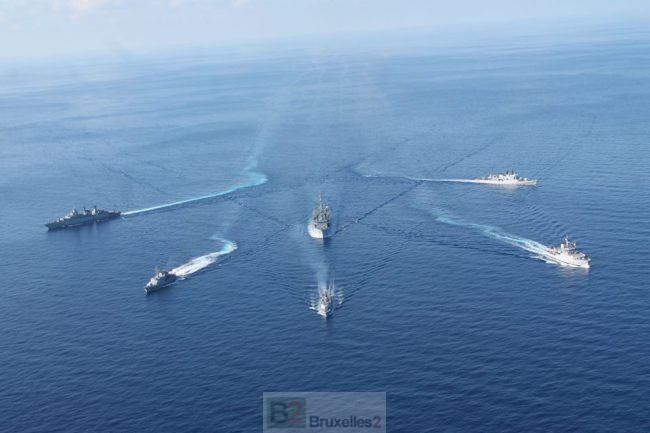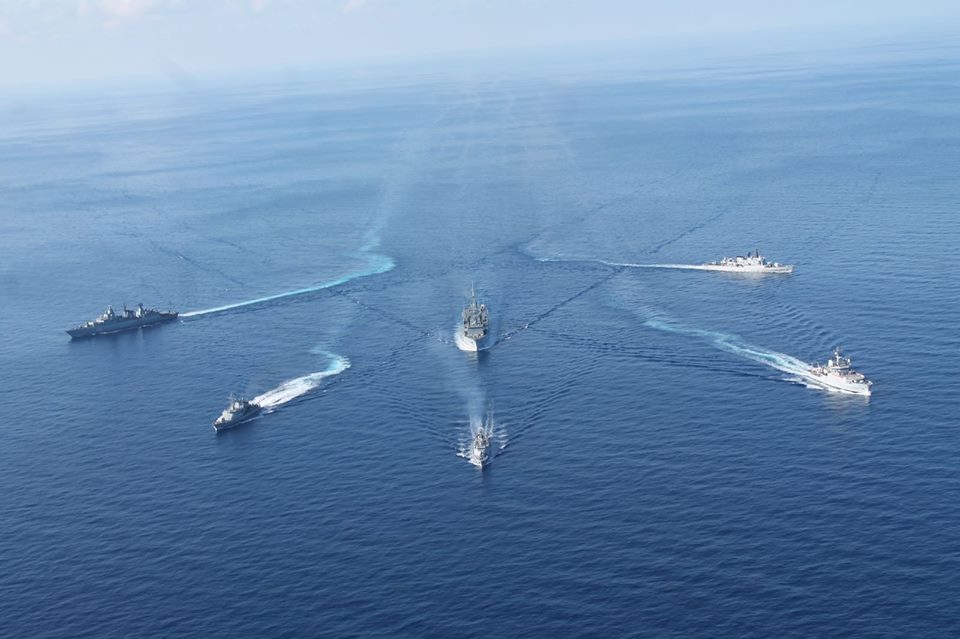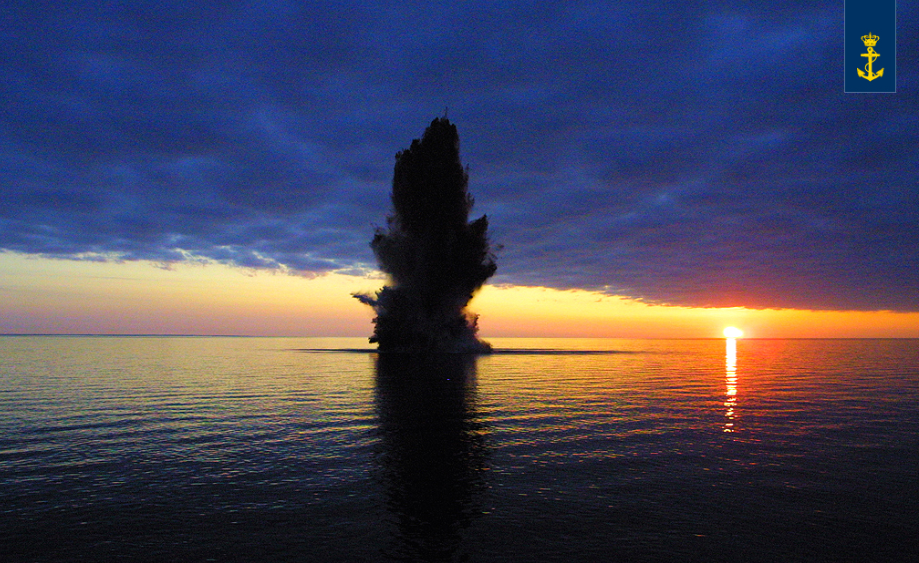European defense in democratic skid. Beware of the lack of transparency!

(B2) Monday was normally the "historic day" (1), the key moment awaited for years to launch the famous Permanent Structured Cooperation (PESCO), which everyone was waiting for. That day has come. And nothing...
A "historic" day... without a word
Not a word from the High Representative during her final press conference, no memo available to explain the nature of the 17 projects envisaged (2). Only the enigmatic title of the projects was available (at least for those who are not B2 Pro readers) (3). No technical or military advisor available to explain and detail... Nothing, zero, nada... (4) In itself, it is not illogical, the projects of the Common Security and Defense Policy (CSDP) are today today surrounded by mystery and absolute discretion to the point that one wonders if it is still a European action... (see box)
A priority for citizens, really?
For the European defense project, which has been presented many times as the priority not only for Europe, but to relaunch the bond of trust with citizens, this is a major error. This may arouse suspicion. Over the last few days, I was invited to three debates, bringing together people from very different horizons and convictions: pacifists (around the pacifism of tomorrow, in the parliament of the Brussels Capital region), convinced Europeans (the European movement in Arras ), senior officers (students of the French war school to prepare for the highest functions). In other words, very distinct audiences. The questions asked after a short presentation proved it...
Lack of information leads to questions...
What is the functioning, the (democratic, government) control over PESCO? Why do "civilian" bodies such as the European Union take care of these defense issues, is there not a risk of militarization of the Union (or of dispossession of the Member States of their competences)? Isn't the defense research program due above all to the weight of lobbying by the defense industry? Etc. As we can see, the questions all revolve around democratic control and the suspicion of a program turned according to particular interests rather than general interests.
Lack of transparency breeds suspicion
By proceeding on the sly, without debate, with more than limited communication with public opinion, no information and prior consultation of MEPs (5), we inevitably feed suspicion. These are excellent questions. They deserve to have a clear, unambiguous answer. Especially since they occur among audiences who are more committed to the European cause. Otherwise, the proven support in the polls for European defense policy risks melting like snow in the sun.
Establish a true European democracy
More generally, despite the fact that the Treaties do not provide for any consultation procedure of any kind for Permanent Structured Cooperation in defense matters, specific procedures for informing and consulting the European Parliament must be provided for (5). The existence of such information, of such a democratic debate is a necessity if we want the defense project to be shared by public opinion and the population and not turn into a "techno" debate, reserved for a few. Silence and secrecy feed suspicions, misperceptions, rumours... And ultimately euroscepticism.
The European authorities must correct course, raise the bar. Quick, very quick...!
(Nicolas Gros-Verheyde)
(1) At least that is the term used by the European institutions themselves.
(2) The High Representative spoke only in a few words at the entrance to the meeting. Which is not apparent from our information. A memo was available. But it was officially withheld "for administrative reasons" and was only published 24 hours later. Similarly, a technical briefing was organized but only this Tuesday afternoon (i.e. the day after the decision). "It's better than nothing" underline some officials. It's true.
(3) Read: PESCO will include 17 projects. The final list. Details (V4)
(4) The opinions and opinions provided for in the Lisbon Treaty (of the High Representative or of the European Commission) have thus not been made public.
(5) The important word is "prior". Excellent minds (finger on the seam of the Treaty) will certainly tell me that this is not foreseen by the Treaties. Certainly. But, on the one hand, what is not authorized is not automatically prohibited. And it has been observed time and time again, in the past, and still today, that certain "informal" consultation procedures can be easily undertaken.
CSDP missions fall back on themselves
Our recent requests to visit European missions have been met with a polite "no" on two or three occasions. A first planned visit to the Central African Republic (where we paid all the expenses) had to be cancelled, without any explanation, "by order of Brussels" at the last moment (which cost us the trifle of a few hundred euros lost due to this counter order). The second attempt was successful. Our requests for mission visits to EULEX Kosovo (twice) came up against a disguised rejection: 1) no interview with a manager was guaranteed ("come but I can't guarantee you an interview", "no manager is there now"); 2) no visit program counter-proposal; 3) no possibility of being "embedded"; 4) no possibility of getting into a vehicle, for example (insurance problem), or of following meetings. Non-transparency has now become the rule in certain missions. B2 is one of the last sites to regularly report on their action. But, honestly, we have doubts about the interest in continuing to do so. (NGV)


